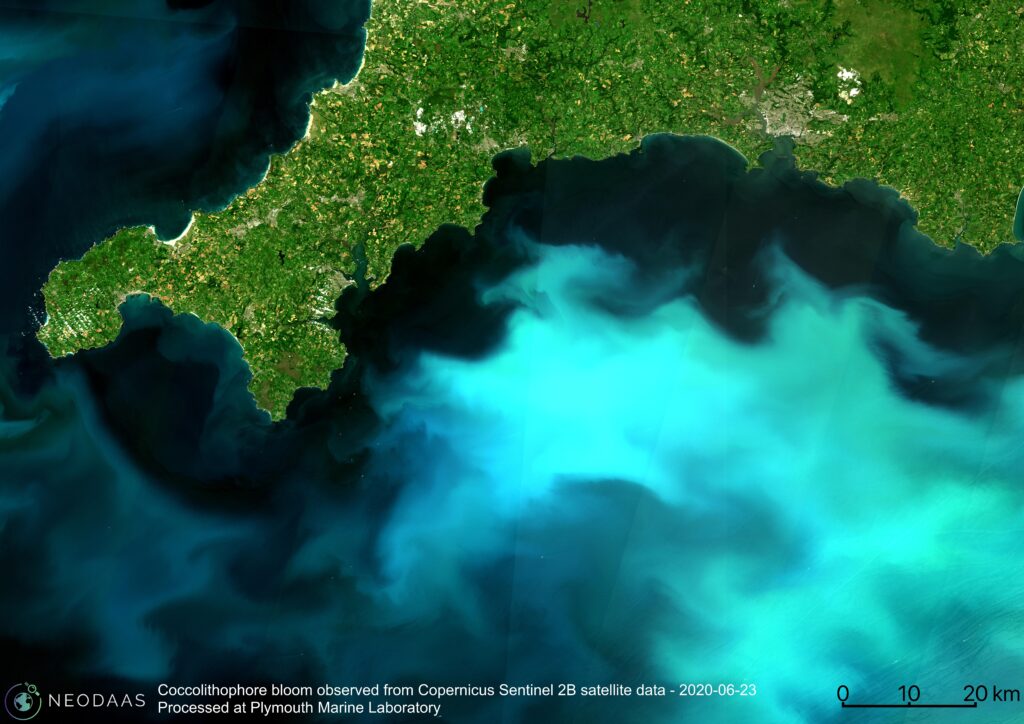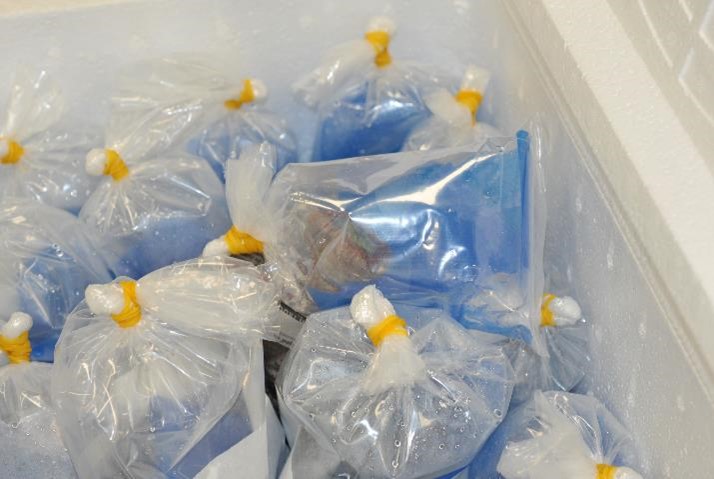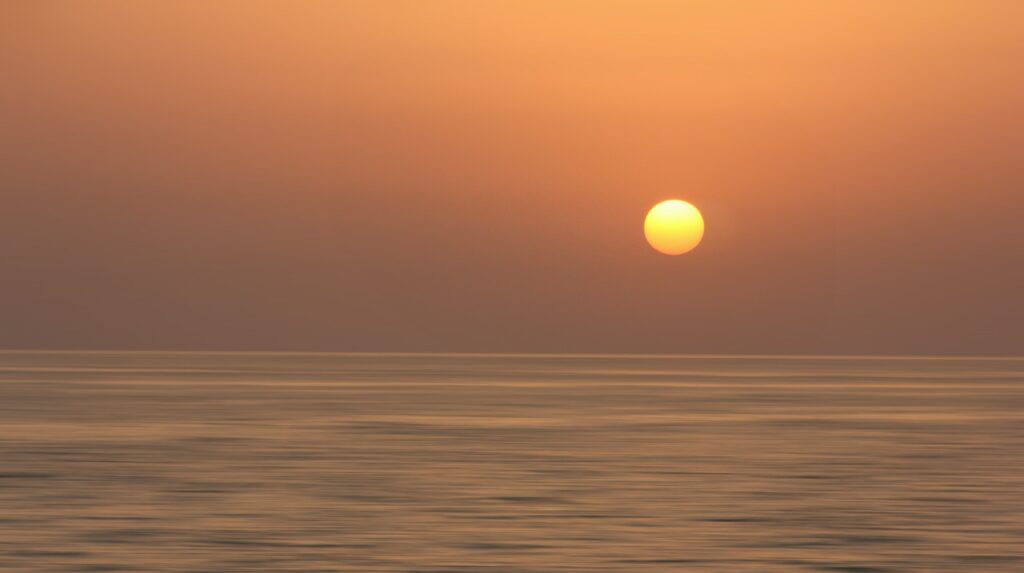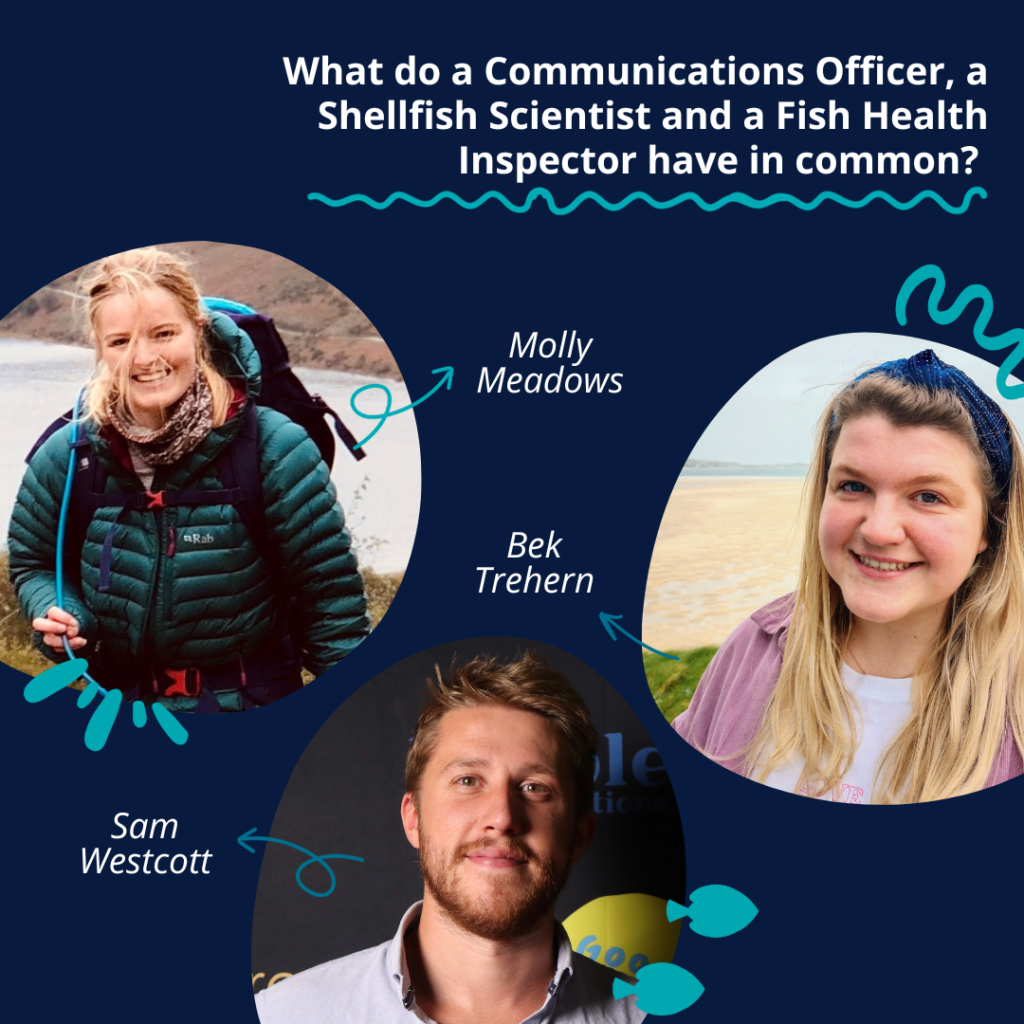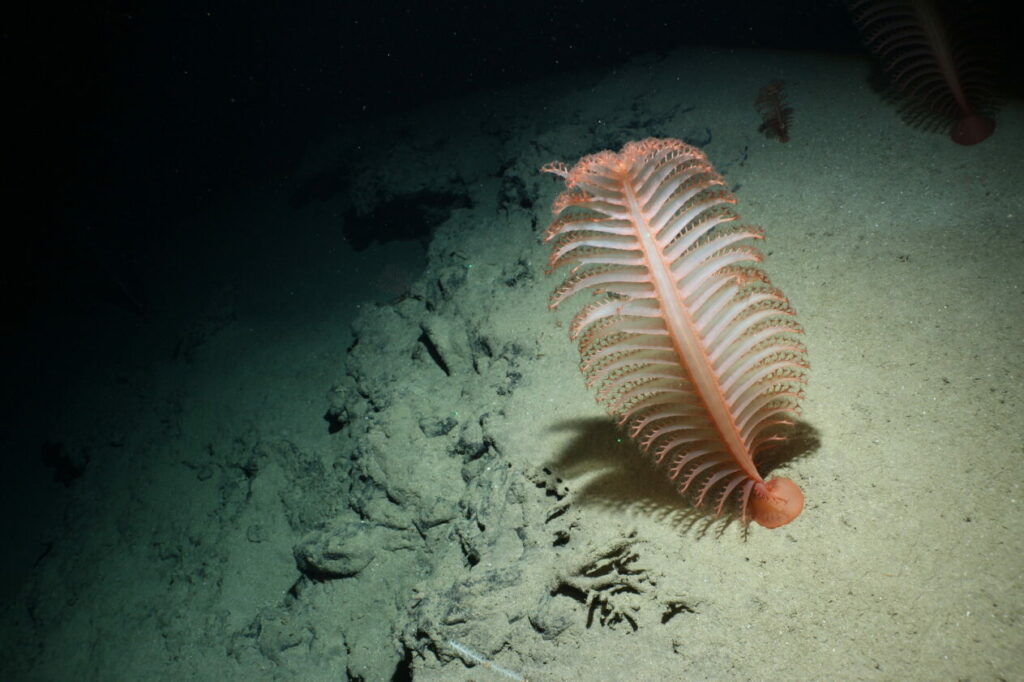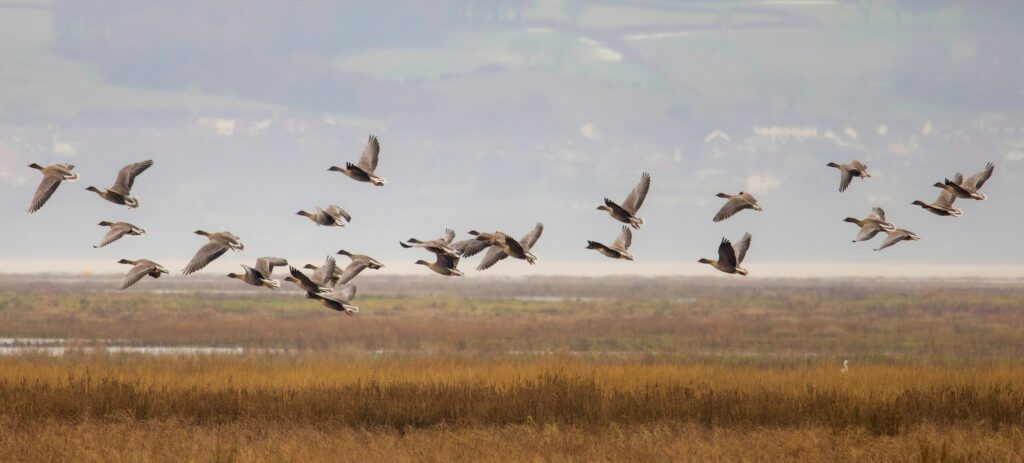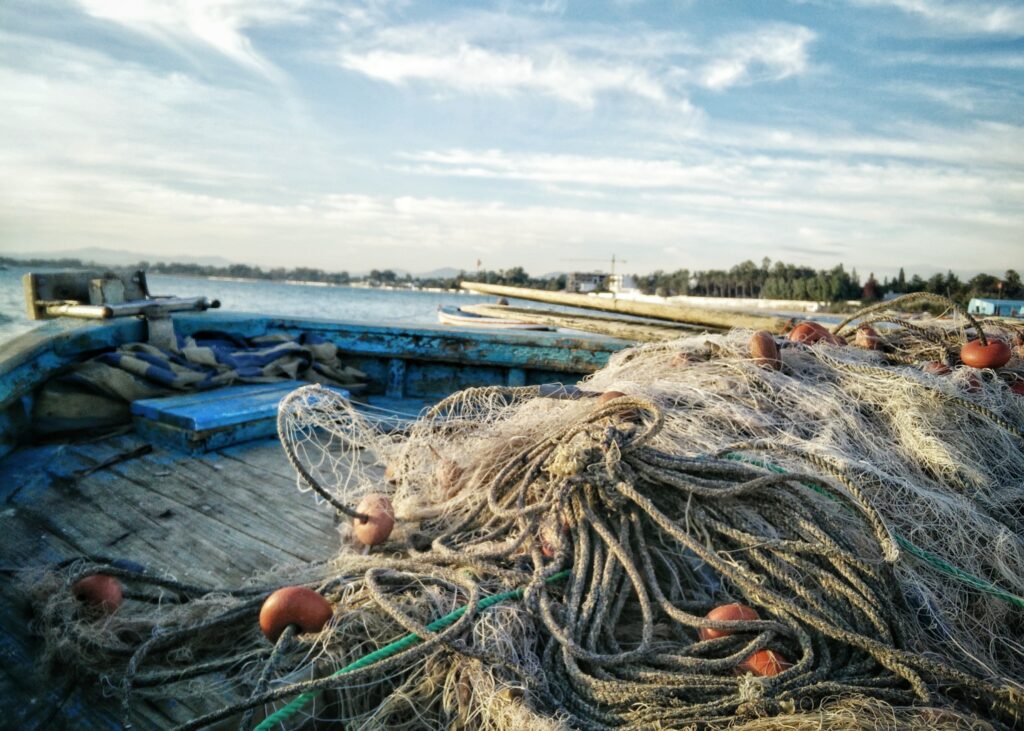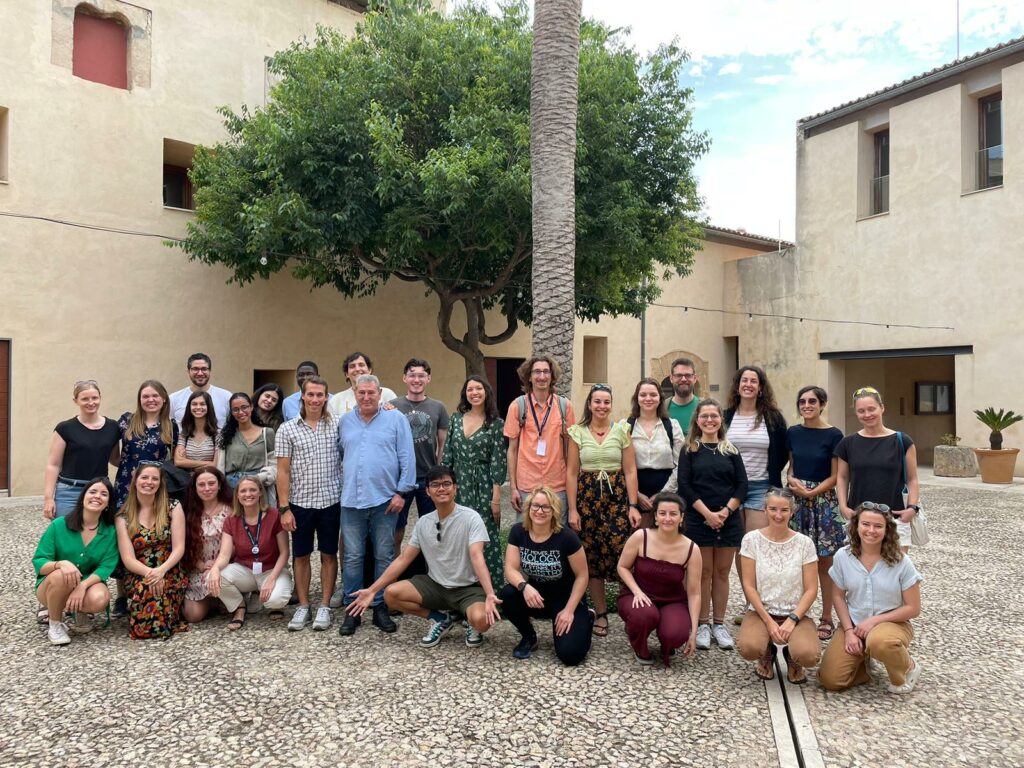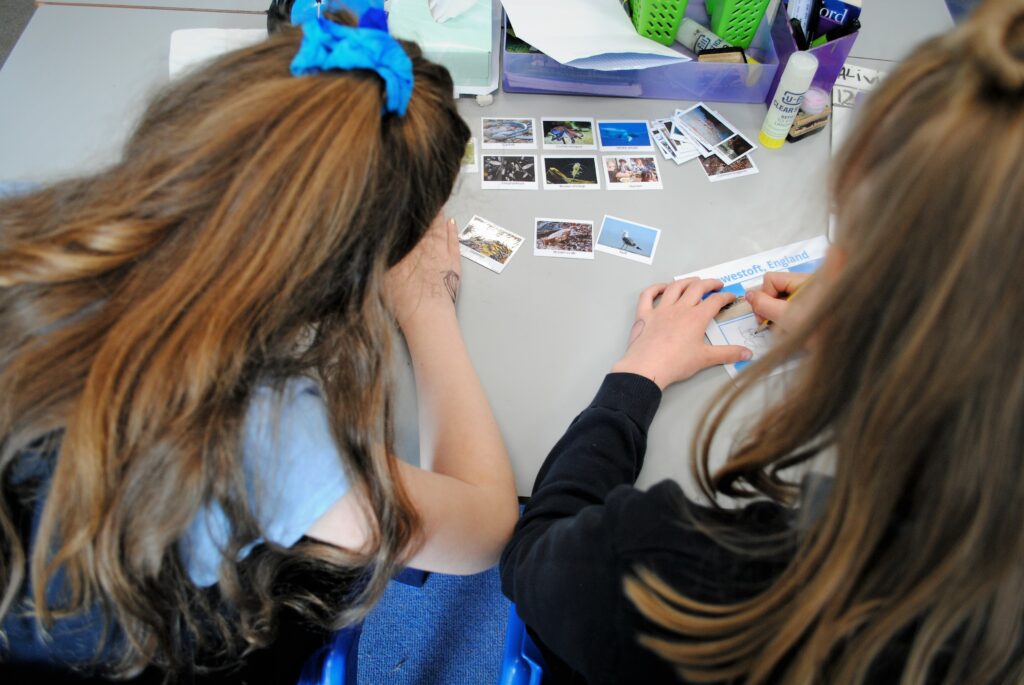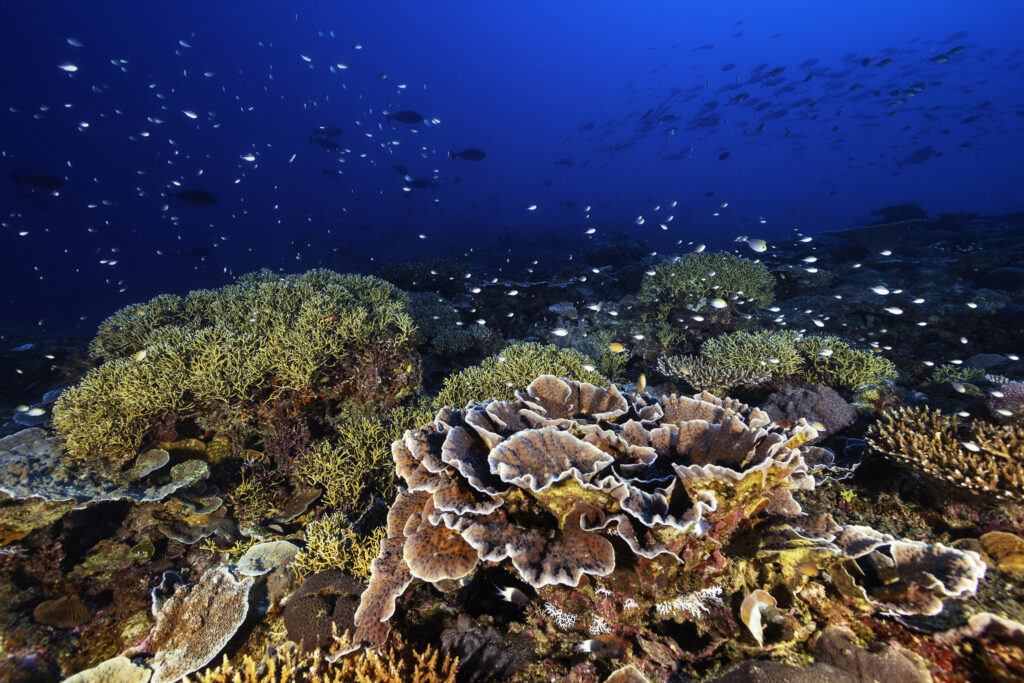Science
In this new Marine Science blog, scientists from Cefas, the University of Plymouth, and Environment Agency discuss new research by the Pelagic Natural Capital project (PelCap), which is helping to monitor the impact of human activities on plankton health in …
It’s a dark, damp evening in February 2023 when staff from UK Border Force’s CITES team are called to Heathrow’s Animal Reception Centre to inspect a shipment of hard coral. A mismatch between the CITES permit and its packing list …
As world leaders meet at the United Nations Framework Convention on Climate Change (UNFCCC) 28th Conference of the Parties (COP28) in Dubai this week, Cefas Middle East Programme Director Will Le Quesne, discusses the challenge of climate change facing the …
Answer: They all graduated from a Zoology degree at the University of Exeter in 2016! With the start of a new academic year, this time often comes with big decisions and a lot of uncertainty. Perhaps you’re making decisions on …
The deep-sea covers more than 60% of the Earth's surface. Deep-sea ecosystems are amongst the least well understood owing to the combined challenges of remoteness, vastness, and the difficulties of exploring its depths. The ‘deep-sea’ is a catch-all term that …
Natural capital refers to parts of the natural environment, such as forests, fisheries, rivers, biodiversity, land and minerals, that provide valuable goods and services to society. Much like human capital (labour, skills and experience), recent reviews recognise that natural capital should …
On Monday 17th July, the UK government’s Department for the Environment, Food and Rural Affairs (Defra) announced further steps to deliver a thriving, sustainable fishing industry and healthy marine environment following the UK’s exit from the European Union (EU). As …
First things first, who am I? I'm James, an Offshore Fisheries Observer and team leader at Cefas. I have been doing the observer role for almost 4 years now, so I am very much an early career (fisheries) scientist. I …
Despite being separated by more than 7,000 kilometres and located in opposite hemispheres, with the diverse climates and marine environments of the South Atlantic and North Sea, a ground-breaking primary school twinning project, supported by Cefas and Ascension Island, has …
Coral reefs are one of the most important ecosystems in the world, supporting up 25% of the ocean’s marine life. However, warming temperatures and ocean acidification have led to a decline in coral reef richness in much of the tropics. In …
